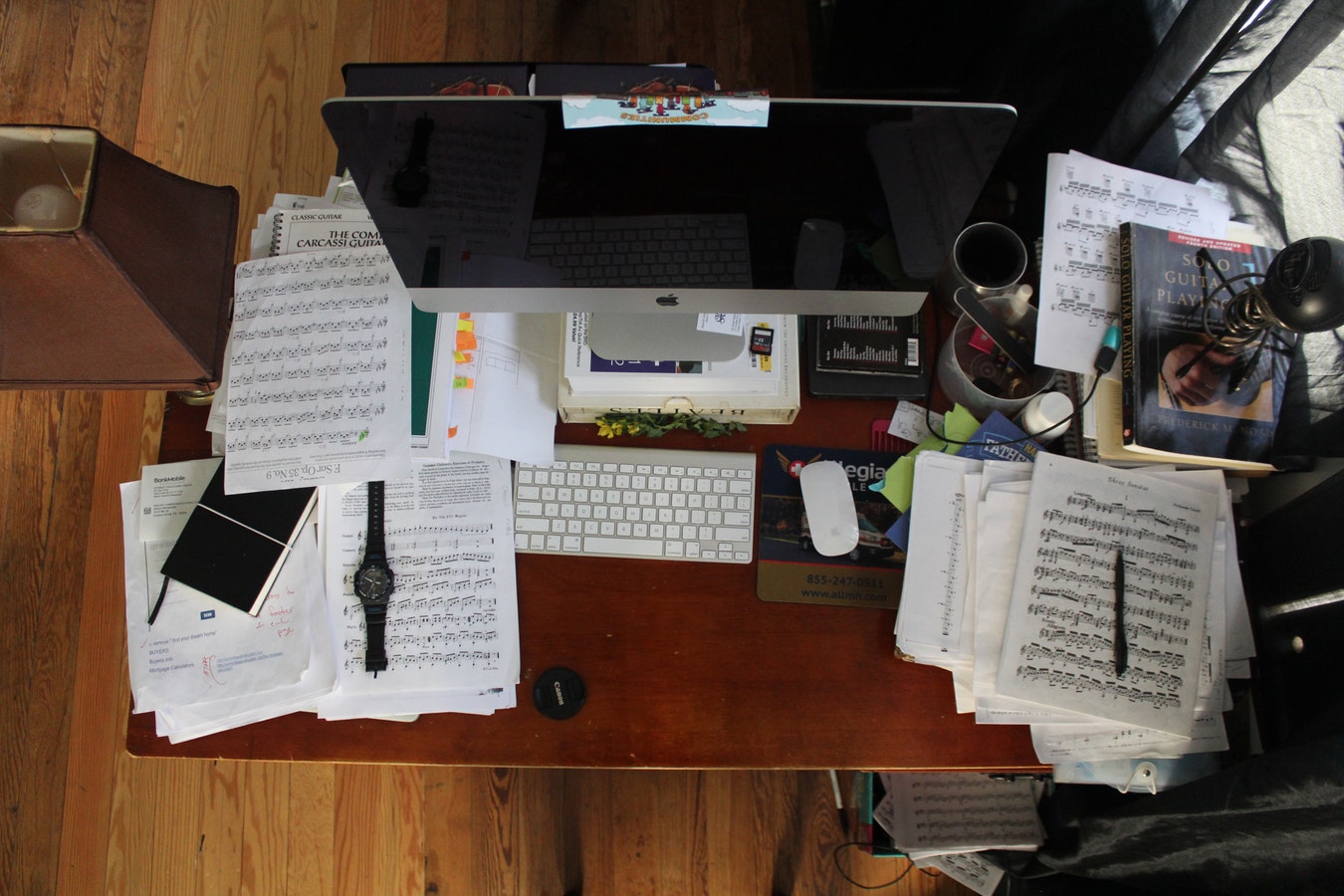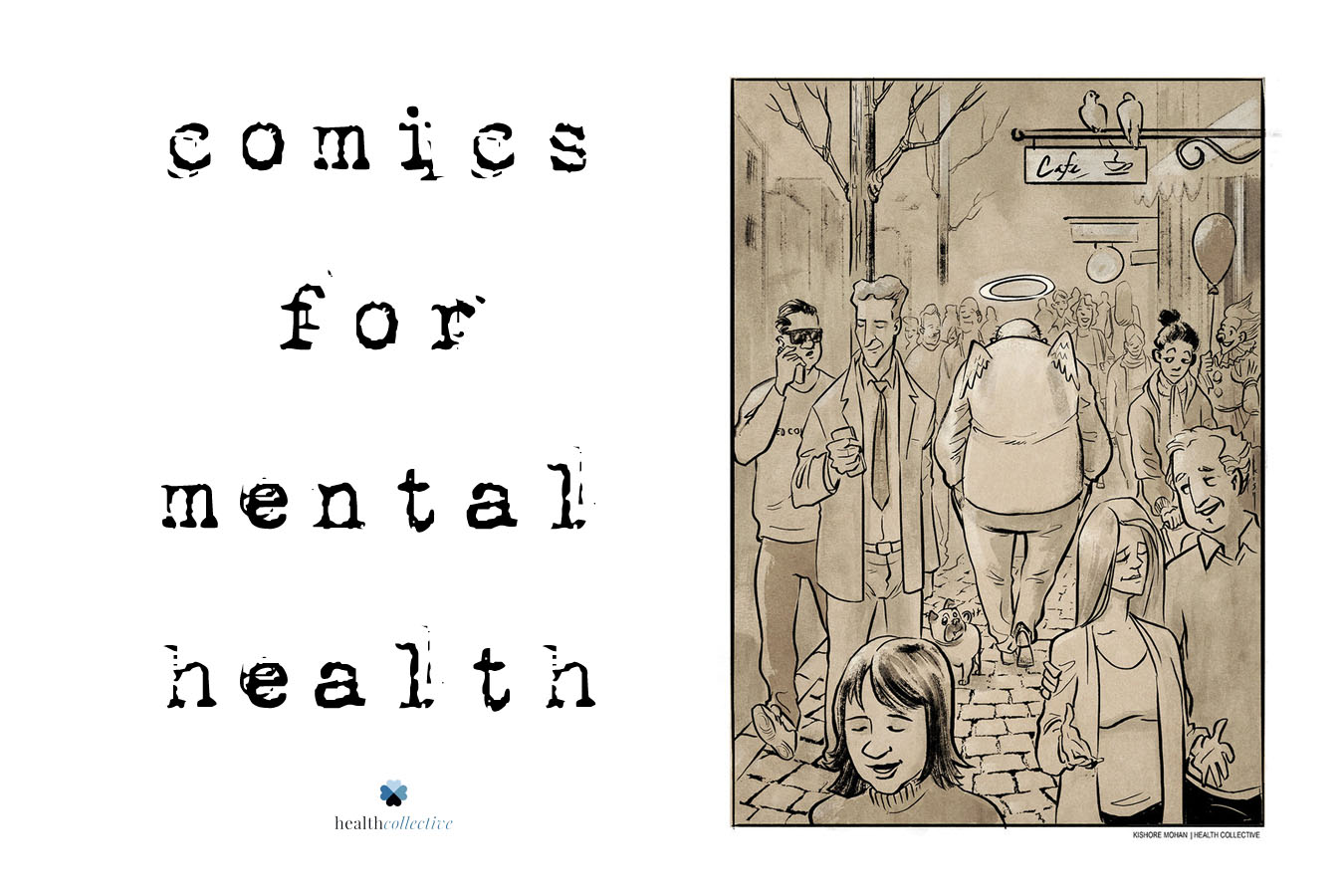What’s Work-Life Balance Got to Do With Stress?
By Sukanya Sharma
Professional validation is something many of us are actively pursuing – our work makes up a huge part of our identities. Back in 2004, author Alain de Botton published his book called Status Anxiety, which had a profound insight in it – the analysis of the question, “What do you do?”
This particular question, the author says, is a fairly modern conversational insert. Decades ago, the conversations started by asking where one was from and which family he/she belonged to, but today a shift towards this question “What do you do?” has somehow made people a little uncomfortable.
But, what exactly is wrong with that? It is in fact a great way to break the ice at a part, right?
Here’s what I do, that makes me interesting, we seem to be saying. What do you do?
And then of course, we judge.

Busy is the new black
But what about how we clock our own internal self-worth? And when you are on the brink of a burn-out from chasing that professional dream so hard? Does anyone care then?
“There is real danger of a disconnect between what’s on your business card and who you are deep inside, and it’s not a disconnect that the world is ready to be patient with.” — Alain de Botton
We grow up listening to pointers like “follow your passion” and “do what you love”, but most of the times with the constantly changing world, this becomes a difficult and somewhat abstract advice to follow. Our work, our professions have turned into defining our personality, which may not always match, and this imbalance is what makes us stressed.
Also Read: Why So Stressed, Millenials?
Abhimanyu Singh, 28-year-old Advertising professional tells The Health Collective, “Work definitely gets stressful, yes. Lucky are those who get to do what they are really passionate about, but most of us are just mostly surviving to step up to the next ladder. Because honestly, you can keep talking about passion, but until and unless it pays, it’s just an expensive hobby!”
Is Work Stress a modern invention?
In a manual released by WHO, work stress is defined as, “The response people may have when presented with work demands and pressures that are not matched to their knowledge and abilities and which challenge their ability to cope.”
“I think careers are a 20th century invention, and I don’t want one.” – Into the Wild
Meera Haran Alva, a psychotherapist in Bangalore tells The Health Collective,
“Work-life balance has taken precedence for people today. And the question of who you are, what you do, has become the focal point of identity formation. Everyone is judged by their profession.”
It’s the balance that comes into the fore and is causing the stress, says Ishani Dasgupta, a 26 year old marketing executive living in Mumbai. “Work has not necessarily become the main source of stress for people today… work-life balance definitely is stressful though!” she tells The Health Collective.
Why are we letting our work take precedence?
“Our changing lifestyle”, says Alva. “We are constantly working towards maintaining a particular lifestyle that is mostly just materialistic. Staying in a work environment that helps you keep up with your lifestyle demands but takes too much of your time, is essentially self-destructing.”
Dasgupta says, “We haven’t yet learnt how to strike that perfect work-life balance and since the professional world is fiercely competitive, we think that if we work harder and more importantly put in longer hours, it may take us ahead faster (that may not necessarily be the case). To a certain extent we just haven’t learned to work smart.”
How should people cope with work stress?
Alva says, “Stress is such a generic term, but yes, there needs to be a better coping mechanism.”
- Acknowledge that we need help
- Challenge this notion of “being the best/being perfect”
- Don’t suppress your feelings – talk to your partner, friend, family – whoever is close to you
We do know that not everyone can – or indeed chooses to – go to therapy. But one of the pitfalls of urban life is precisely one that that defines so much of who we are. But somehow creating that balance – if that’s even possible – or at the very least, taking that time out when you need it? That might be key to the whole game.




